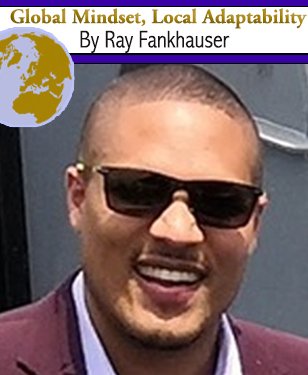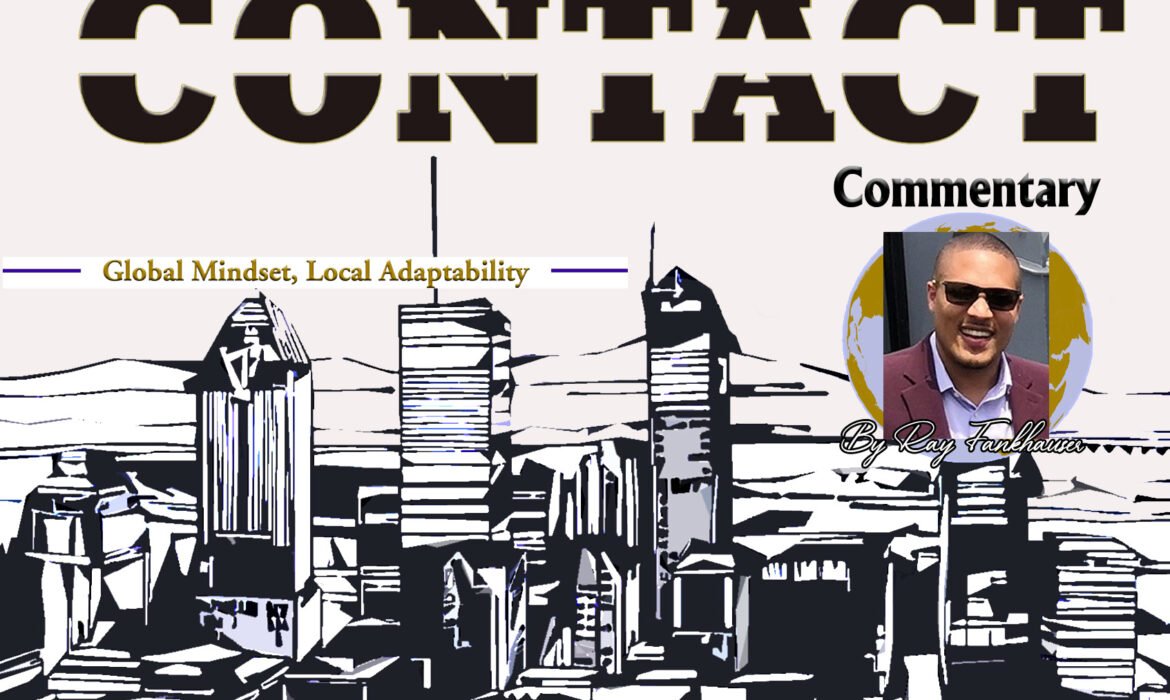 Why do we find it so strange or difficult to promote and cultivate an inclusive environment, professionally and personally? Why is it hard to defend or even just seek to understand a point of view that is different from our own? Why do we seek to surround ourselves with people who have the same general beliefs? Why is it often so easy to create distance between us and the “other”?
Why do we find it so strange or difficult to promote and cultivate an inclusive environment, professionally and personally? Why is it hard to defend or even just seek to understand a point of view that is different from our own? Why do we seek to surround ourselves with people who have the same general beliefs? Why is it often so easy to create distance between us and the “other”?
What is an inclusive environment? An inclusive environment is not just a space where each individual and group feels welcome and valued (that’s the internal aspect); it is also a space where those outside the circle can see themselves comfortably fitting in. Why is this important? Because preserving the comfort of the status quo only serves those who are already experiencing privilege from the way things always have been. Creating an inclusive environment invariably involves a rebalancing of the environment so that those who felt out of place can freely add value for themselves and their colleagues/peers. Which are the most successful and sustainable ecosystems in nature? Is it areas where unnatural monoculture dominates (a large corn field, for example), or is it areas that contain incredible biodiversity (rainforest or wetlands, for example)? If you are a flower looking for a place to grow, would you feel welcome in a corn field? Or, to put it more bluntly, would you be scared off by the poisons used to keep everything but corn away from the field? Somehow what is easy for us to understand in nature is infinitely more challenging to put into practice in human contexts. When you think of vibrancy, what colours, textures, and sounds come to mind? If you said grey or white, flat or straight, you’re probably better off working in a morgue or some other spot devoid of life.
How does inclusion function on a global scale? What is an inclusive society on a national or regional level? If you’re running a country, would you prefer to have access to people and products from only one group/place/identity, or would your country benefit from the presence of individuals possessing a wealth of ideas and experiences, offering new ways to tackle old challenges? Again, it seems obvious that diversity (which is directly related to inclusion) is an advantage.
How many of us have been told by our financial advisors or anyone dispensing financial wisdom that the best way to grow your money is to… diversify your investments? Isn’t it ironic that the people dispensing that advice represent one of the least historically diverse industries on the planet? Is it any wonder, then, that the vast majority of global investment is directed from businesses led by non-diverse individuals to businesses led by non-diverse individuals? And is it any wonder that the most underserved markets around the globe are non-White? If this were simply an issue of luxury products and services, we might be able to survive. But what happens when critical industries like health care and research are geared to only a diminishing slice of the population (White males) at the great expense of everyone else? You end up with massive research and remedies for heart disease (most prevalent among males) at the expense of treatments for breast cancer, autoimmune diseases (lupus, for example), and reproductive health (all highly relevant to the female population). And what about safety design? We are all familiar with the ubiquitous crash test dummies used to evaluate the road safety of vehicles. Did you know that these dummies were only ever designed to represent average-sized males until very recently, and the first adult female crash test dummies were actually scaled down male dummies representing the height and weight of a 12-year-old? How many lives have been damaged or lost due to these non-inclusive designs and decisions? Before you accept anyone’s excuse that bias is just a harmless manifestation of ignorance, give them these examples.
So, what is our place in the global struggle for inclusion? We are not too small to participate in this fight. Our first and most important step is to gain knowledge so we cannot be walked over. Create discussion groups covering a wide range of topics and embracing a wide range of views. You can learn much more from those who are different than you than by hearing people repeat what you already know. Remember that a discussion is an opportunity to learn, not attack. Until next time, remember that learning how to think is better than learning what to think!
Ray Fankhauser is Chairman of Fankhaus Valley Consultants, a global strategy firm based in Montreal. Reach out to him at ray.fankhauser@fankhausconsult.com.
















